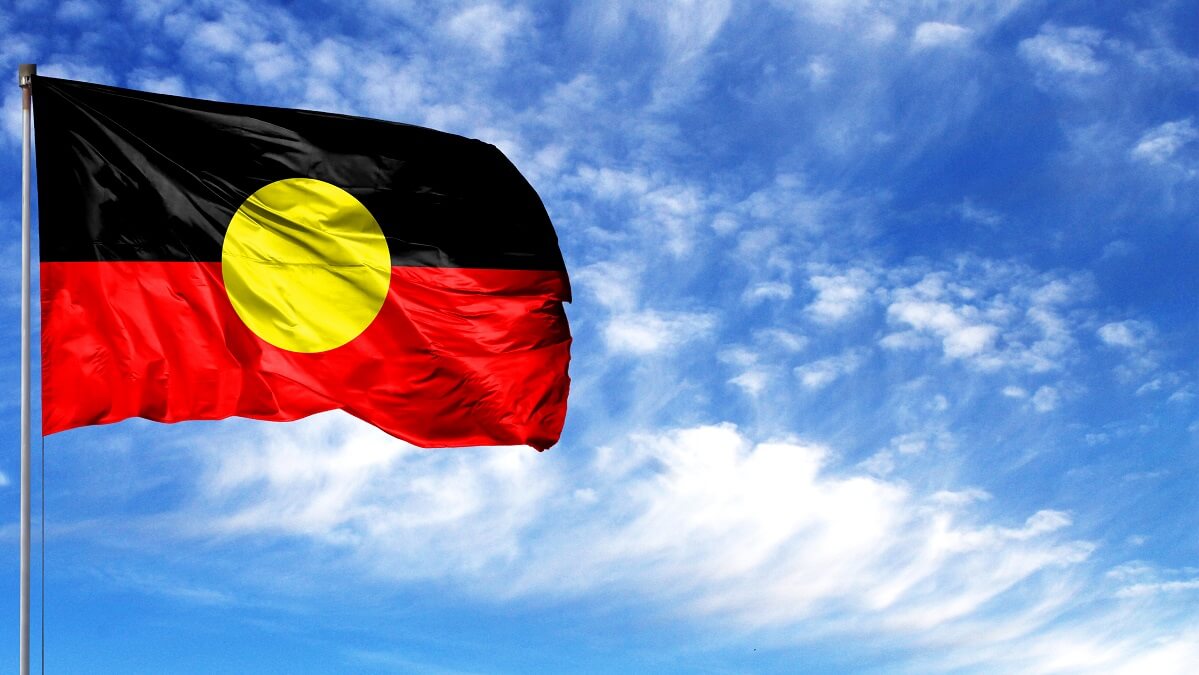A trip to the Kimberley region gave Dianne Motton a clear view of what First Nations people had – and are struggling to keep.
•••
When you’re a child, the catchcry often heard from children is, ‘It’s not fair!’ – usually accompanied by a stamp of the foot. Children seem to have an uncanny sense of what is fair and what is not. For some adults, that concept has disappeared from their moral compass.
Today, as I try to contemplate the idea of a Voice to Parliament, this concept is at the forefront of my thinking. Our First Nations people have had their land taken from them, their people massacred, their culture and languages almost obliterated and their children stolen.
Despite many years of attempts by various governments, crying by prime ministers, dirt trickling through their hands for photo shoots and apologies given in parliament, the lives of many Indigenous people still fall short of the standards of the rest of Australia. Closing the Gap has hardly been a raging success. A deep sense of unfairness must surely prevail in their psyche.
When you put the evidence out there as bluntly as that, it is a wonder that any of our Indigenous people want anything to do with the dominant white community, let alone creating such a statement as the Uluru Statement from the Heart. And now the desire for a Voice to Parliament is forefront in our thinking.
Several years ago, I was fortunate to spend many weeks in the Kimberley region of Australia at a studio school set up to help educate underprivileged Indigenous students and to help educate non-Indigenous students about living on country and gaining an appreciation of Indigenous culture and history. To say my experience there was eye-opening would be a radical understatement.
I sat around campfires as native edible plants were explained to us; I was taken to ancient rock art sites rarely seen by white people; I helped muster cattle with the locals; ate bush turkey and wallaby caught that day, and saw the world from a different perspective than my sheltered, privileged suburban life.
I listened to Indigenous women elders explain why they had initiated a ban on alcohol sales in Fitzroy Crossing. The abuse of alcohol in their community and the violence that had ensued, had finally forced action and the women found a solution – a solution that was driven by their understanding of the problem and not enforced on them by white folk.
I heard their voices, their love of country and their desire for respect.
What does the Voice to Parliament mean? The referendum is: “To alter the Constitution to recognise First Nations People of Australia by establishing an Aboriginal and Torres Strait Islander Voice.” This Voice will “make representations to the Parliament and the Executive Government of the Commonwealth on matters relating to Aboriginal and Torres Strait Islander people”.
As I see it, The Voice to Parliament is meant to allow for this Indigenous perspective to be heard across a range of issues. It has a symbolism far beyond the legalese and wording.
Isn’t it time to try to address some of the unfairness of life for our First Nations People?
What is your view on The Voice? Do you think it will succeed at the referendum? Share your thoughts in the comments section below.


I am hearing different stories from people on both sides in regards to this To me some of the naysayers appear to make sense. BUT I feel what the nonsayers are saying will do nothing to approve improvement for the indigenous population
I realize that it is moving into uncharted territory if it is succeeds in that although it in the constitution, future governments cannot change it without a referendum but they could simply ignore it to a certain extent by ignoring indigenous person’s representations when they see fit.
I am firmly committed to voting “YES: and to me taking the risk is better than doing nothing.
Jeff Gay
.